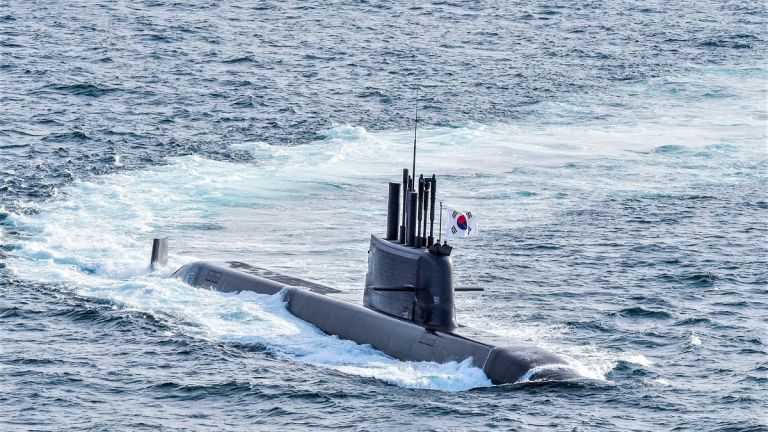They often contract the virus at school or childcare, according to the weekly figures of the National Institute for Public Health and the Environment (RIVM). Infected children do not become so ill themselves and are less likely to pass the virus on to adults, for example, “but that does not mean that they do not transmit it at all”, Osterhaus said.
He understands that the cabinet must include the importance of good education for children in the decision-making process about the rules in schools. “But as a virologist it would of course be my preference to simply send the whole class home in the event of one infection. If you then choose not to do that, then it must be a given that you will test children much more often. For example, a self-test every morning.”
Overloaded hospitals
At the moment, the advice is not to have children in primary education self-test for corona. Osterhaus realizes that this is not so easy to organize for schools and parents, “but the principle is that you pick out the positive cases with testing. That applies to all population groups and ages.”
The cabinet intends to relax more matters. For example, the 1.5 meter rule will be released from September 25 and clubs will be allowed to open again, albeit until midnight. Relaxing means a greater risk of infections, according to Osterhaus, but given the vaccination campaign, it will no longer get as out of hand as last year.
“The question remains: can the hospitals handle it? I am concerned about that, but mainly because there is likely to be an influenza wave.” Influenza (flu) has already caused overloaded hospitals even without corona. Last year there was no flu wave due to the corona measures. Osterhaus: “We normally see after a ‘weak’ influenza year that the following year always becomes tough. I therefore advise everyone who is called up for the flu shot to take it. It is now more important than ever.”
By: ANP
–

